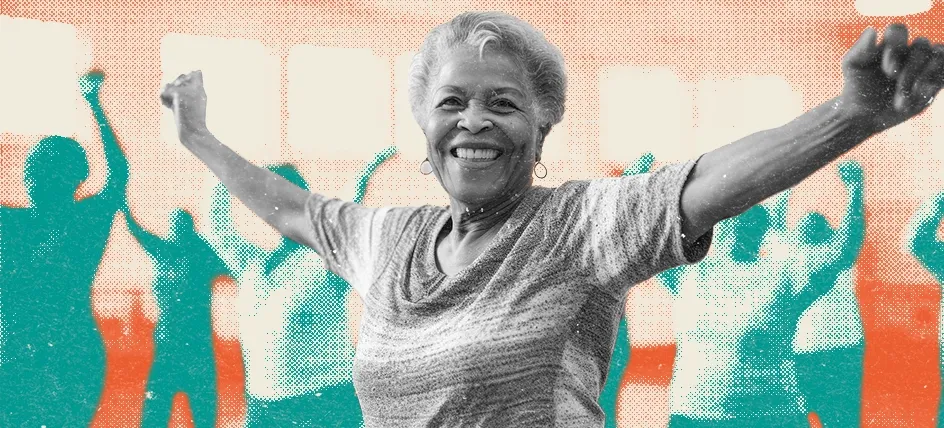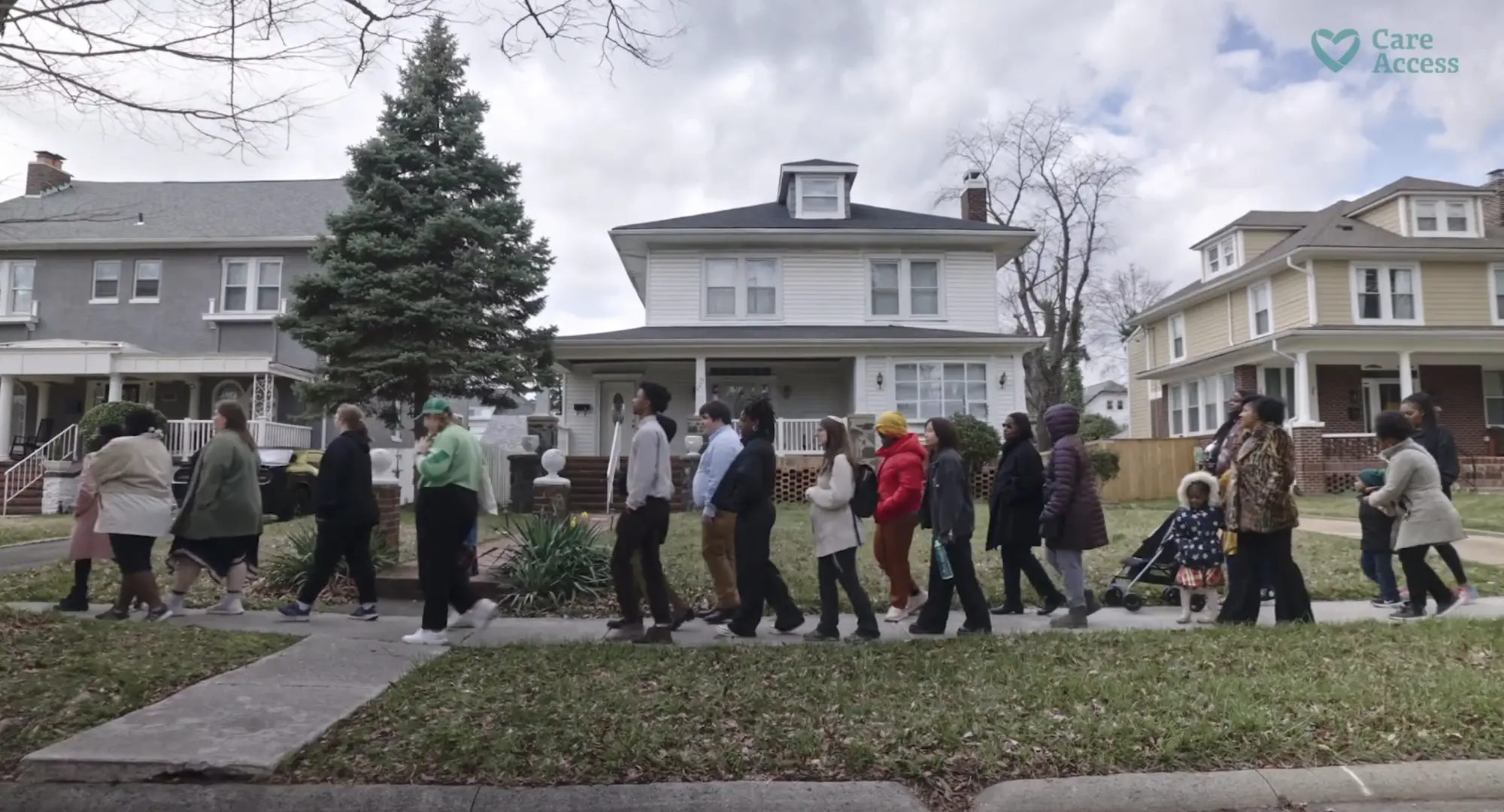Back to Health Resources
Can Regular Exercise Really Lower Your Risk of Dementia?

Staying active is one of the best things you can do for your health, and it turns out that regular physical activity is not just good for your body—it’s great for your brain, too!
We all know exercise can lift our mood and keep our hearts happy, but did you know it can also help prevent dementia?
What types of exercise reduce dementia risk?
A study found that doing high-energy exercise can help lower the risk of memory problems in people with high blood pressure. So, what types of exercise can help lower your risk of dementia? The short answer is: Any kind!
Although this study highlights the benefits of intense exercise, any type of movement will have benefits—so don’t be afraid to start small. Taking regular walks around your neighborhood or even visiting the grocery store can still help lower your risk of dementia.
When you’re ready to increase the impact, here are a few types of vigorous workouts you can try:
Aerobic exercise, like brisk walking, running, cycling, or swimming, boosts blood flow to the brain and supports overall brain health.
Strength training, which includes lifting weights or using resistance bands, builds muscle strength and coordination—both crucial for aging well and linked to better cognitive function.
Balance and coordination exercises, such as tai chi, yoga, or dance, enhance stability, reduce the risk of falls, and also benefit brain health.
Mind-body exercises that blend physical movement with mental focus, like yoga and pilates, can help lower stress and anxiety, which in turn supports cognitive function.
Remember, even if vigorous exercise feels too intense, lighter activities can still make a big difference in lowering your dementia risk.
Tips to get started
One of the easiest ways to lower your risk of dementia is by incorporating more movement into your daily routine—and the best part is, you can get started right away! Here are some tips to help you:
Start small by finding ways to move more throughout your day.
Your daily activities can add up if you decide to move more. Maybe you’ll make two trips with the laundry instead of one or choose the stairs over the elevator whenever possible—every little bit counts!
Find a local group activity you enjoy.
Whether it’s a walking group or dance classes, there are fun ways to stay active while also boosting your social interactions, which are great for your mental health.
Most importantly, consistency is key!
Make it a habit to include these simple exercises several times a week.
If you make these changes now, over time, you'll not only improve your physical health but also lower your risk of dementia, setting yourself up for a healthier future. Of course, always consult your physician or other qualified healthcare provider before beginning any exercise program.
CONTRIBUTING EXPERT

Chandar Abboy, MD
Dr. Abboy is a physician board-certified in internal medicine, pulmonary disease, critical care medicine, and sleep medicine. He is a Principal Investigator at Care Access, overseeing multiple clinical trials.
SOURCES
- Effect of vigorous-intensity physical activity on incident cognitive impairment in high-risk hypertension. Kazibwe - 2024 - Alzheimer's & Dementia - Wiley Online Library: https://alz-journals.onlinelibrary.wiley.com/doi/full/10.1002/alz.13887
DISCLAIMER
The information provided on Care Access is intended for informational purposes only and should not be considered as a substitute for professional medical advice, diagnosis, or treatment. Always seek the advice of your physician or other qualified healthcare provider with any questions you may have regarding a medical condition. Our products and content are not intended to diagnose, treat, cure, or prevent any disease.
Explore More Health Resources

STORIES from the Heart


